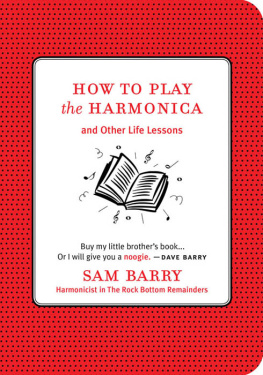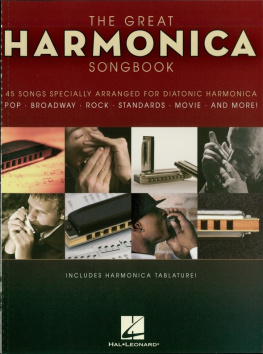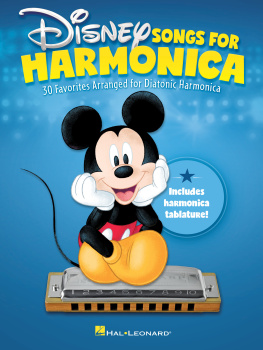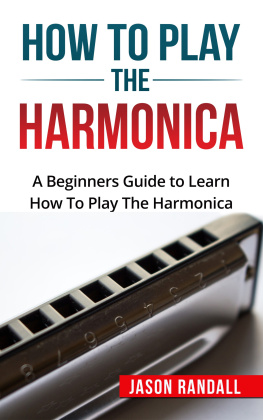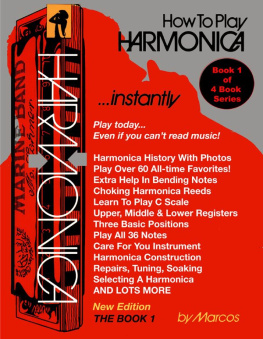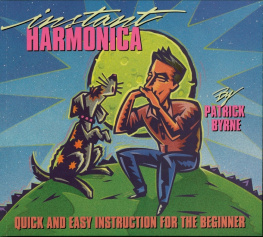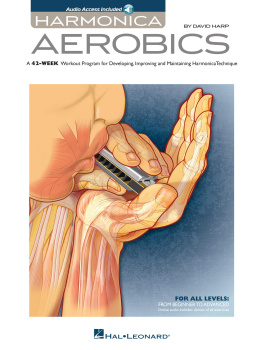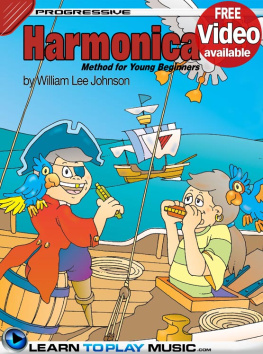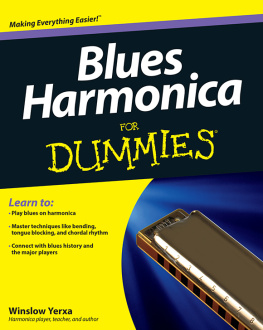All rights reserved. No part of this book may be reproduced by any means whatsoever without written permission from the publisher, except brief portions quoted for purpose of review.
Foreword to My Little Brother Sams Book
By Dave Barry
I have known my little brother Sam since he was born, and I can state for a fact that he has always been an amazing person. At the age of five he was already composing classical music.
No, wait, Im thinking of Mozart. But Sam was definitely a fun little brother, exactly the right height to administer a noogie to. And he grew into a fun grown-up, the perfect person to write a book about playing. Sam has always been playful. Oh, he has done a few serious things in his life. For a while he wasI am not making this upa Presbyterian minister in Omaha. But he was a playful Presbyterian minister. It would not surprise me if, in his day, he was considered the most playful Presbyterian minister in the entire state of Nebraska, assuming there are rankings.
Another thing about Sam is that he is highly musical. He and I belong to a rock band called the Rock Bottom Remainders, which is made up mostly of authors, including Stephen King, Amy Tan, Mitch Albom, Ridley Pearson, Kathi Goldmark, Scott Turow, Roy Blount Jr., Greg Iles, and Matt Groening. The plan in forming this band was to gather together a group of authors with musical talent and raise money for good causes. The only flaw in this plan was that most of the authors dont have any musical talent. Our genre was best described by Roy Blount as hard listening music. We sound like people using amplified instruments to demolish a shed.
But Sam is one of the few shining lights in the band. He is a very good harmonica and keyboard player; in fact, for a while, when he was not in his wacky Presbyterian-minister phase, he was a professional musician. Not only is he musically talented, but he has an amazing ability to transfer his musicality to other people.
For example, I once wrote a song about Tupperware called The Tupperware Blues . At the risk of sounding vain, I am going to state that this song became, over the years, one of the better-known blues songs about Tupperware, and eventually it came to the attention of the folks at Tupperware World Headquarters in Kissimmee, Florida, who asked me to come up there and perform it at a convention of Tupperware distributors. Naturally, I said yes. An opportunity like that comes along once in a lifetime, if that.
Anyway, The Tupperware Blues has an important harmonica part, so I asked my editor at the time, Gene Weingarten, if he would accompany me. The problem was that, although Gene owned a harmonica, he did not, technically, know how to play it. Gene has no natural musical talent. He is so musically untalented thatand I do not make this statement lightlyhe could belong to the Remainders. All he could do with his harmonica was blow into it in a way that upset his dog.
Fact: Mozart was never asked to play at Tupperware World Headquarters.
So I had Gene call my brother Sam in California, and Sam taught Gene, in one lesson via long distance, to play The Tupperware Blues . When we performed for the Tupperware distributors, they gave us a standing ovation. Of course, they also gave a standing ovation to a set of ovenware. But that is not my point. My point is that Sam, thanks to his amazing ability, was able to administer a musicality transfusion to my music-impaired friend over the phone .
I have seen Sam do the same thing many times with crowds. No matter how reserved people are, how timid, how insecure about their abilities, Sam can get them singing and stomping. Its a gift Sam hasthe gift of making music, and getting others to make music, and having fun doing it. Its a gift he will share with you in this book.
This is not a book about learning to play the harmonica, exactlyalthough if you want to play the harmonica, this book will teach you. The real point of the book is what the title saysto learn how to play; or, more accurately, to re learn how to play, which is a skill we all have as kids but tend to lose as we age and develop jobs and responsibilities and gum problems. Sams point is that you can get your playfulness backthat even in a grown-up world, you can play again; you can have fun.
So let him show you how. Read my little brothers book.
Or I will give you a noogie.
Acknowledgments
Id like to thank my sweetheart, Kathi Kamen Goldmark, who learned how to play Oh! Susanna for this book; my amazing children Daniel and Laura, who continue to teach me how to play; and Tony and Marissa, who know how to play to the beat of their own drummer. I also want to thank my agent, Deb Warren, who remained playful and found this book a home. A big shout to my bandmates in the Rock Bottom Remainders, who dont know how to play music but do know how to play; to my bandmates in Los Train Wreck, who do know how to play music; to the sales guru Charles Boswell; to Eric Brandt and all my colleagues at HarperOne in San Francisco and HarperCollins in New York; and, of course, to the great team at Gibbs Smith, led by Gibbs, and my editor, Michelle Witte. Last, but not least, I want to thank my students over the years, who taught me much of what I am sharing in this book.
Prologue
How Playing Can Save Your Life
Lighten up. Yes, you. And me too.
Weve all been taking ourselves far too seriously for too long, and as a result weve made a complete mess of things. Stress, fear, and anxiety rule our lives. Meanwhile, were missing out on the most FUN-damental (I promise I wont do that again) joy of all. Human beings are hardwired to play, yet as we grow up that ability is often squashed by a regimented culture that respects conformity and control over spontaneity and joy. Its time we tapped into a gift every human (and every puppy) ownsone were all born withplayfulness.
We have a choice. We can live life the regular old way or we can live it the playful way. More often than not the playful way will get us better results, and we will have more fun getting there.
For instance, we all know that its a good idea to live with less stress in our lives, butyou might askhow do we actually do this on a day-to-day basis?
Here are some examples of ordinary events that can be transformed into stress-reducers by doing them the Playful Way instead of the Regular Way.
Doing laundry the Regular Way:
Load washing machine with dirty clothes.
Measure and add soap.
Turn on machine.
Doing laundry the Playful Way:
Turn on your favorite music nice and loud.
Sing and dance along as you throw in an approximate amount of soap without measuring.
Remember the fun you had the last time you wore that silk teddy (this works for women, too), and make a mental note to send a sexy e-mail to the person you were with.

